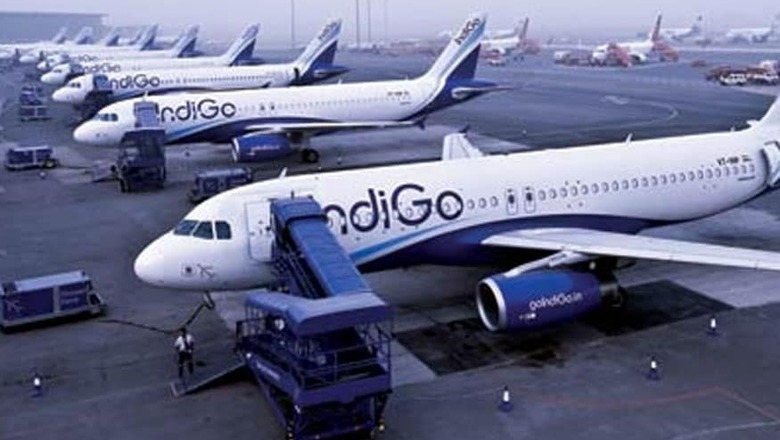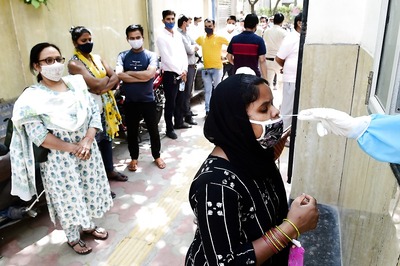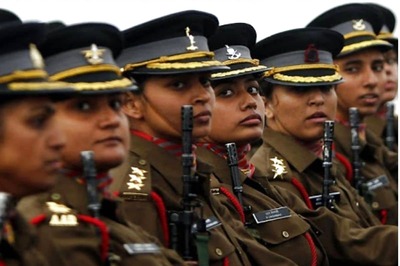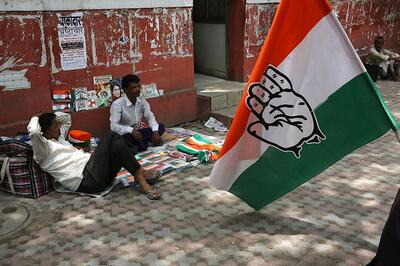
views
New Delhi/Bengaluru: IndiGo, India's biggest airline by market share, reported a rise in airfares over November and December after a year of declines, with the positive trend continuing in January, and said it would focus on expanding in overseas skies to boost growth.
The optimism comes after major Indian carriers swung into the red in the September quarter as high oil prices, a weak rupee and intense domestic price competition eroded their margins, leaving IndiGo's debt-laden rival Jet Airways Ltd struggling to stay afloat.
For IndiGo's owner InterGlobe Aviation Ltd, July-September marked the first loss since its debut in 2015.
InterGlobe on Wednesday reported a 75% slump in profit to 1.91 billion rupees ($26.79 million) on higher costs for the December quarter, but it was back in the black.
Its passenger yields, a proxy for airfares, rose 3.7 percent from a year earlier - the first rise since end-2017 - helped by a busy festive and holiday season in November and December. In the September quarter, it had reported a 9.7 percent decline.
"For the time being, the better environment that we had in November and December has continued so far," Chief Commercial Officer Willy Boulter told analysts on a conference call.
"And we see that there is some discipline in imposing advance purchase requirements."
IndiGo last year said fares were down in part because rivals were not charging the usual premium for last-minute bookings.
Its load factor, a measure of seats filled, fell 3.2 percentage points to 85.3 percent in the December quarter, but Chief Financial Officer Rohit Philip said fare hikes in November and December offset that, making it the "right trade-off".
Kotak Institutional Equities analyst Garima Mishra said the December quarter performance was stronger than expected.
"We believe the worst in terms of yield pressure and fuel costs is behind," she said in a note to clients.
INTERNATIONAL EXPANSION
IndiGo, which took deliveries of 55 aircraft in 2018, has a 41.5 percent share of the domestic market but carries only 6 percent of the country's international passengers.
It expects to expand its passenger carrying capacity by 34 percent over January-March, with almost a third of it coming from overseas routes using the longer-range A321neo planes that have a higher seating capacity, Interim CEO Rahul Bhatia said.
"In the past we have focused on setting up the right network domestically. Now with this in place we are looking to strengthen our international presence," Bhatia said.
It will begin direct flights to Istanbul in March and add other destinations.
The low-cost carrier also plans to use the A321neo planes on some busy domestic routes, especially at congested airports like Mumbai where getting new slots is an issue.
The airline, which operates 208 planes, including 66 Airbus A320neos, does not expect issues with the plane's Pratt & Whitney engines to affect its international expansion, chief operating officer Wolfgang Prock-Schauer said.
IndiGo has been forced to ground its A320neo aircraft on several occasions due to issues with the engines. India's air safety watchdog last week ordered extra checks on the aircraft which IndiGo is carrying out, Prock-Schauer said.




















Comments
0 comment